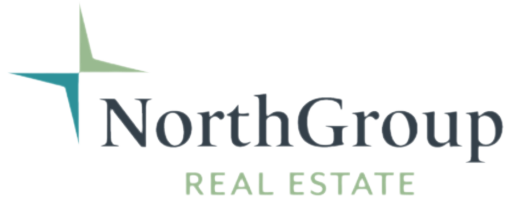Purchasing a home is a significant milestone that requires careful financial planning. To help you navigate this complex process, the Top Home Real Estate Group offers expert advice to ensure your homeownership journey is smooth and successful. Here are some essential tips:
1. Assess Your Financial Health
Before diving into the home-buying process, it’s crucial to have a clear understanding of your financial situation. Evaluate your income, savings, debts, and credit score. This assessment will help you determine how much you can afford to spend on a home.
2. Create a Budget
Develop a detailed budget that includes all potential homeownership costs. This budget should cover the down payment, monthly mortgage payments, property taxes, insurance, maintenance, and unexpected expenses. Having a comprehensive budget will prevent financial strain in the future.
3. Save for a Down Payment
A substantial down payment can significantly reduce your monthly mortgage payments and interest rates. Aim to save at least 20% of the home’s purchase price. Consider setting up a dedicated savings account and automate monthly contributions to reach your goal faster.
4. Get Pre-Approved for a Mortgage
A mortgage pre-approval not only shows sellers that you are a serious buyer but also gives you a clear picture of how much you can borrow. Work with a reputable lender to get pre-approved and understand the terms and conditions of your loan.
5. Understand Your Mortgage Options
There are various mortgage options available, including fixed-rate, adjustable-rate, FHA, VA, and USDA loans. Each has its pros and cons. Consult with a mortgage advisor to choose the best option that aligns with your financial situation and long-term goals.
6. Plan for Closing Costs
Closing costs can add up to 2-5% of the home’s purchase price. These costs include fees for appraisals, inspections, title insurance, and legal services. Plan for these expenses to avoid last-minute financial surprises.
7. Factor in Maintenance and Repairs
Owning a home comes with ongoing maintenance and repair costs. Set aside a portion of your budget for regular upkeep and unexpected repairs. This proactive approach will keep your home in good condition and protect your investment.
8. Build an Emergency Fund
An emergency fund is essential for handling unexpected financial challenges, such as job loss or major home repairs. Aim to save three to six months’ worth of living expenses to ensure financial stability during unforeseen circumstances.
9. Consider Future Financial Goals
Homeownership is just one aspect of your overall financial picture. Ensure that your home-buying plan aligns with your long-term financial goals, such as retirement savings, education funds, and investment plans.
10. Seek Professional Advice
The home-buying process can be complex and overwhelming. Don’t hesitate to seek advice from financial planners, real estate agents, and mortgage advisors. Their expertise can provide valuable insights and help you make informed decisions.
By following these financial planning tips from the Top Home Real Estate Group, you can embark on your homeownership journey with confidence and peace of mind. Remember, thorough preparation and smart financial decisions are key to achieving your dream of owning a home.



